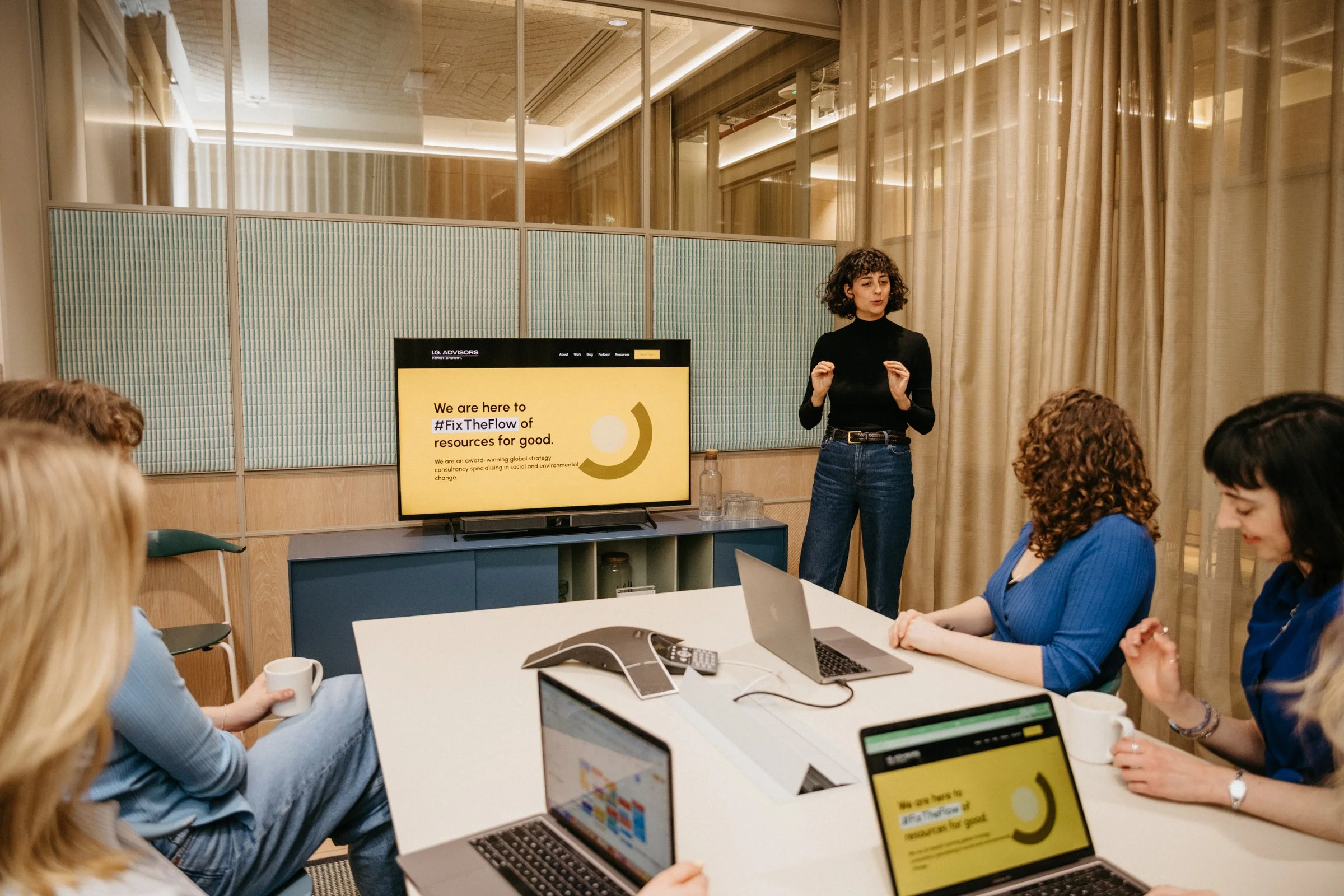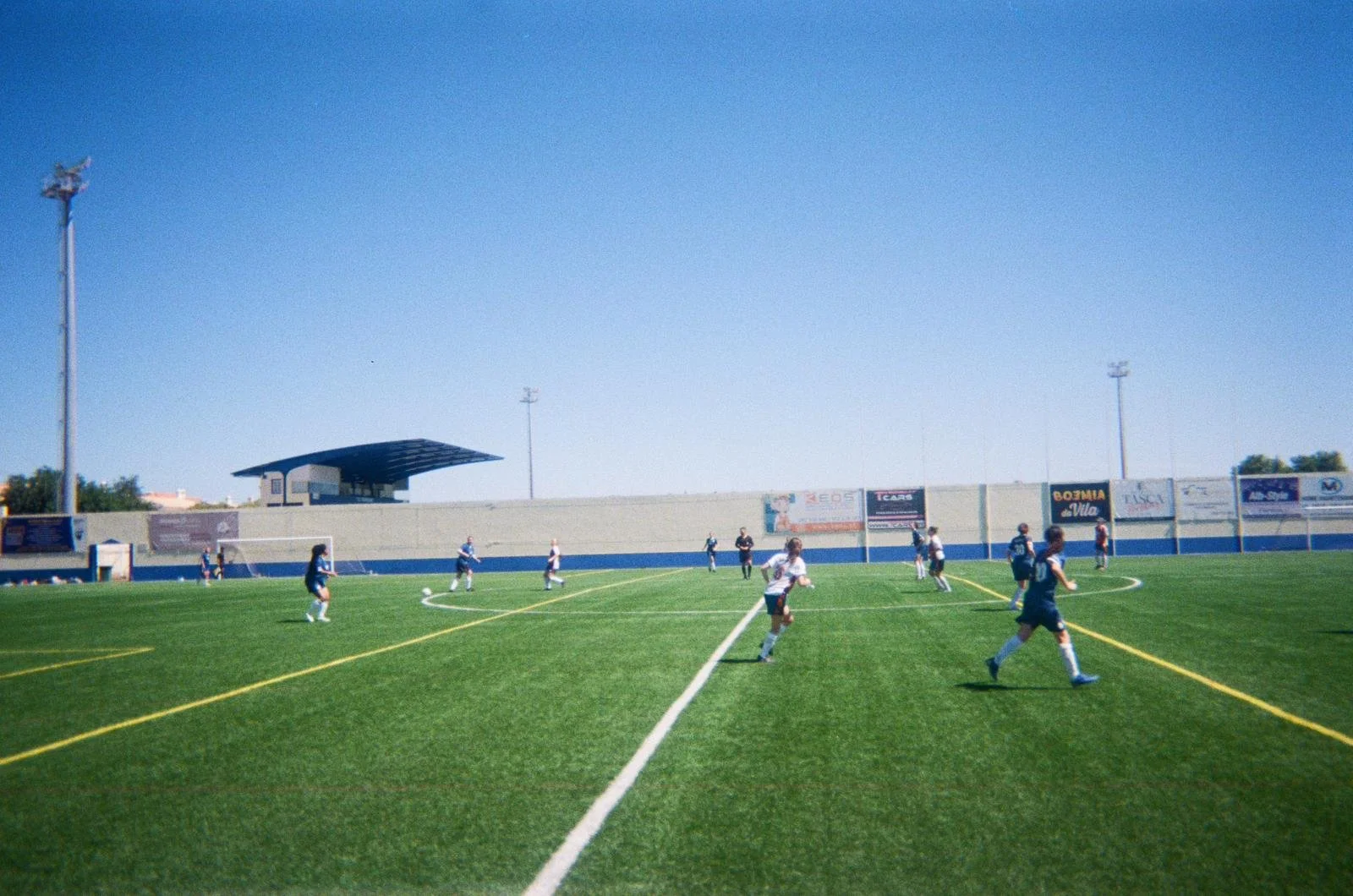From Fundraiser to Resource Activist — the financial crisis that broke me out of my silo
If the tap was running dry, I felt it was just a sign of a need for better marketing, relationship building, or effort.
It’s hard to believe it now that we’re living through a polycrisis, but the financial crisis and Great Recession of the 00s felt like a once-in-a-lifetime jolt to the world order at the time. It impacted the job market for me as a young professional, as well as my personal finances. And it had a devastating impact on the sector I was working in. This devastation was a pivotal moment for my relationship to my career as a fundraiser — it was what turned me into a resource activist.
We’re currently living in another period where austerity is the fiscal policy of the UK government — wide-ranging cuts to public services, benefits and (strangely) taxes. In the 2010s, the austerity programme was theoretically a response to the Great Recession, and the government described it as essential to address a national budget deficit and the ‘inflated’ welfare system. But with hindsight we know the effects were widespread suffering and poverty, as well as the closure or weakening of essential public services and the housing system.
The nonprofits I had been working in during this time were all in the mental health sector, providing treatment and support to a variety of groups including refugees, LGBTQ+ people, trafficking survivors, and young marginalised people. I started out my fundraising career with these misunderstood, stigmatised issue areas, and I thought that effectively communicating to funders about them would be the biggest challenge. But the biggest challenge turned out to be that no matter how essential to society our work was, it could be cut overnight.
In the context of the entire mental health sector facing closures and restrictions, my role as a fundraiser suddenly seemed quite futile. Even if I could get in front of every funder who was interested in mental health, and every single one of them said ‘yes’ to me, and gave me every philanthropic penny they had available, it wouldn’t solve the sector-wide problem. The hole left by the government was so large, and the needs were so high, more transactions simply couldn’t be the answer — there wasn’t enough funding available.
This experience isn’t unique. Large foundations and philanthropists cut programmes or change strategies all the time, and the sentiments of the public shift rapidly too, leaving many sectors with spikes and troughs of funding for their work. To be a fundraiser in any field is often to be riding a rollercoaster of funding availability — whilst under pressure to simply (and sometimes exponentially) grow the income you’re generating.
I had been thinking of my job as a transactional one — needing to turn on the tap of resources at my end, and get money flowing into my organisation. If the tap was running dry I felt it was just a sign of a need for better marketing, relationship building or effort from me. But when the whole system ran dry for my field, and I was talking to funders from whom I expected help, I found them wringing their hands too, unable to solve the problem either. These people I had been seeing as the other side of an ‘us and them’ dynamic were actually part of the same system as me — trying to create impact the best they could. And, contrary to my understanding of my profession, the solution could not just be ‘give my nonprofit more money’, it had to be more transformative than that. I began to realise I was part of a complex funding system, with lots of different wells of resource, but also blockages, leaks and cracks across it.
So, I became a resource activist.
I began engaging funders and peer organisations in conversations about how to do things differently in ways that met the needs of our communities. And how to get more money flowing:
Did more people need to know about or understand the issues?
Could we fundraise together, deliver programmes together, and share resources?
How could we partner with those who were campaigning against the policies impacting us?
Could we collectively make an investment case for our work?
Which funders were on the fence, and what did they need to commit?
How could the funders already invested be collaborated with to create change in the system?
I saw myself as an organiser of resources, someone who wasn’t just trying to sustain their own nonprofit, but influence the flow of resources in the sector as a whole. I didn’t want to succeed at the expense of my peers, or vice versa — the whole ecosystem needed to flourish, and we all needed to work in partnership. Being a resource activist is also an internal job — the funding system doesn’t end at the fundraising team, our organisations are set up to convert financial resources into impact — and there can be a lot of blockages in that internal system too. Whilst I was attempting to do my resource activism in the external world, I had to also do a lot of advocacy internally with my colleagues and managers.
When we’re frantically trying to survive, we often do whatever is needed to secure funding and partnerships. Even when things aren’t at crisis point, our organisations can often act out an uncomfortable number of corporate, industrial and capitalist behaviours — pursuing growth for growth’s sake or aiming for an increased market share, competing rather than collaborating with peer organisations, counting outputs rather than outcomes or impact, disconnecting fundraising from the programmes we’re running, and even adopting a ‘customer is always right’ attitude about our donors and funders. These things are an understandable reaction to the challenges of the funding system, but they are also ours to change. And being a resource activist means pushing for these changes in your organisation — we have to be the voices of the funding system internally. My approach was:
I helped programme teams articulate what they needed funding for, not just what they could do within the criteria of funders they were used to working with.
I challenged our leadership to define why growth was needed, and what for.
I worked with our finance teams to centralise our budgets more, so we weren’t artificially restricting our funding into projects that didn’t cover our overheads.
And I forged a connection between the people doing the work and the people wanting to fund it — meaning our conversations were no longer theoretical, but strategic.
Some of this might sound quite simple, but I was also doing it all without guidance or peer support — and I can’t help but imagine what more we could have achieved if I had been connected to others who were doing this work. Or, how much more impactful I could have been if I was part of a larger movement, with a united voice. I also know I would have been able to see so many more solutions, and have so many more ideas, if I wasn’t working in a silo, and so exhausted and lonely in the difficult work I was doing.
I’m now almost a decade into my work as a resource activist, which has led me to the helm of I.G. Advisors — a collective of professional resource activists, working with philanthropy, business and nonprofit sectors to fix the flow of resources in the funding system. And, gratefully, I’m now in a position to give today’s ambitious fundraising talent the support and guidance I never had.
This is one reason why, we’re launching our #FixTheFlow Fellowship.
This is a global fellowship for fundraisers who want to learn to thrive in the modern nonprofit world and lead the movement for change within the funding system so we can #FixTheFlow of resources for good. You can find more information here. I am so looking forward to hopefully welcoming you to our movement.
Whether you join us or not, I hope you know as you are riding the fundraising rollercoaster in your corner of the system that you’re not alone; that you have power and potential to do more than just claw your way to your next target; and that your instincts and values about what needs to change in this profession are valid. Our roles are so vital to the success of civil society, and the impact and change we all want to create, so thank you for the role you will play in fixing the flow.































